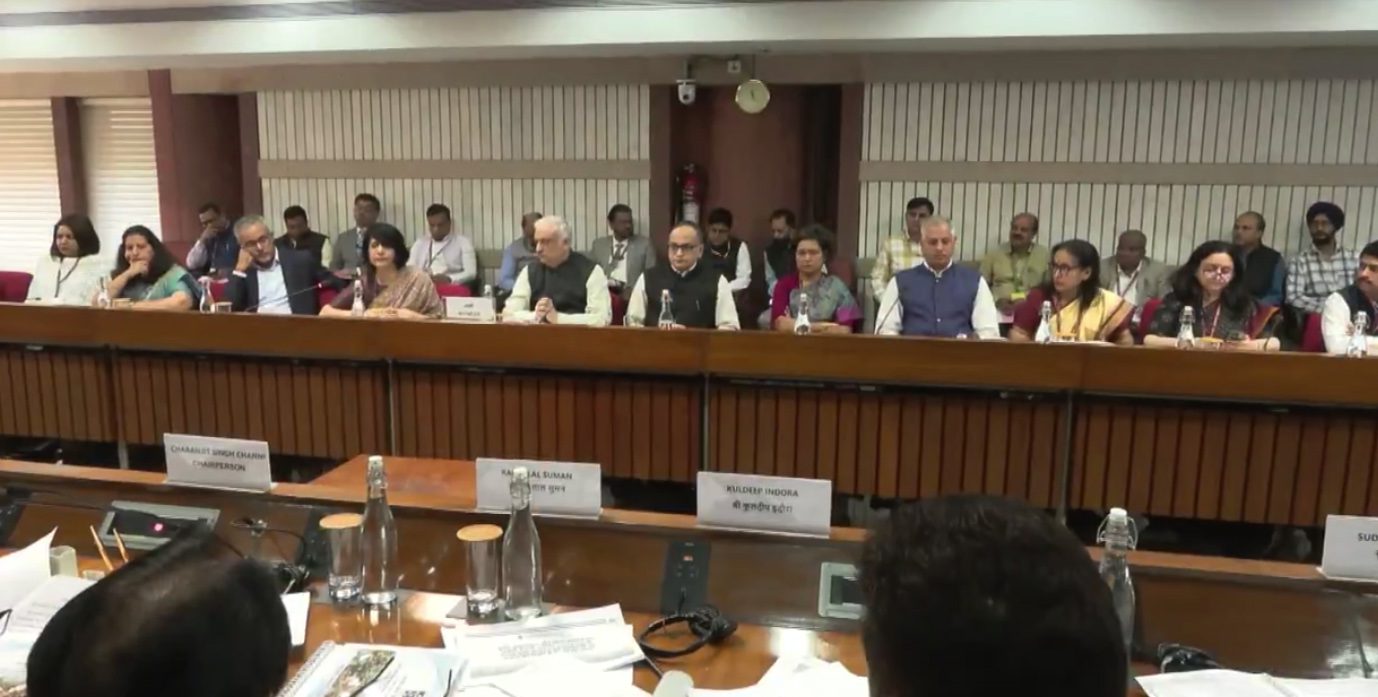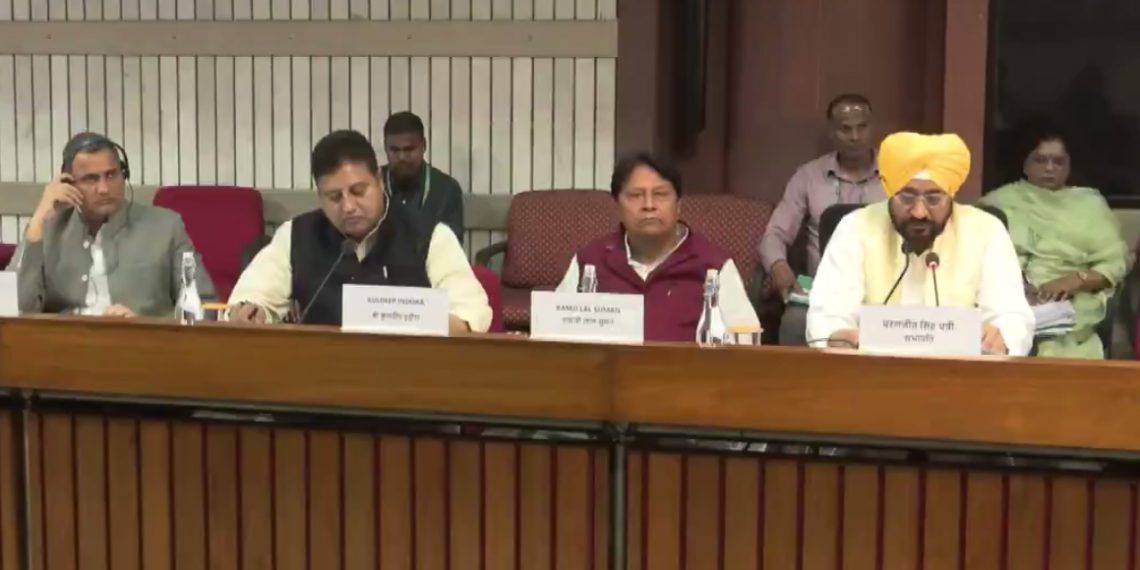The Standing Committee on Agriculture, Animal Husbandry, and Food Processing has called for the early introduction of the New National Cooperation Policy, praising the Ministry of Cooperation for its progress. The policy aims to fulfill the vision of “Prosperity through Cooperation” by enhancing the efficiency, transparency, and effectiveness of cooperative societies.
Recognizing the cooperative sector’s crucial role in national development, the Committee recommended reviving dormant cooperatives through funding and structural reforms. It commended the alignment of cooperative activities with government schemes like the Dairy Infrastructure Development Fund, PM Matsya Sampada Yojana, and the Fisheries and Aquaculture Infrastructure Fund.
The Committee noted significant achievements, including the creation of 4,833 new Dairy Cooperative Societies, 423 new Fisheries Cooperative Societies, and three National Level Cooperative Societies, namely National Cooperative Exports Limited, National Cooperative Organics Limited, and Bharatiya Beej Sahkari Samiti Limited. It emphasized strengthening cooperatives in agriculture through crop diversification, promoting organic and natural farming, and offering subsidies to cooperatives run by small, marginal, and landless farmers.
In its 60th report on the Ministry of Cooperation’s Demand for Grants for 2024-25, chaired by MP Charanjit Singh Channi, the Committee stressed the importance of timely fund utilization. It urged states to complete procedural requirements for fund release and advocated regular reviews to ensure effective spending.
While the Ministry spent Rs 12 crore more than the Revised Estimate in 2022-23, concerns were raised over fund underutilization in 2023-24. The Revised Estimate dropped from Rs 1,150 crore to Rs 747.84 crore, with only Rs 688.88 crore spent due to delays in proposals and compliance issues. For 2024-25, the Committee welcomed the increased allocation of Rs 1,183.39 crore, particularly for critical initiatives such as the computerization of Primary Agricultural Credit Societies (PACS).
The Committee reviewed the Rs 2,516 crore PACS computerization project, which aims to integrate PACS into an Enterprise Resource Planning (ERP) system linked with NABARD. Sanctions have been approved for 67,930 PACS across 30 States and Union Territories, with 40,348 PACS, or 59%, already onboarded. The Committee emphasized the need to complete the remaining 41% by March 2025.
Additionally, it recommended that the Ministry of Cooperation collaborate with the Ministry of Petroleum and Natural Gas to enhance LPG distributorships under the Combined Category for PACS, describing this as a transformative opportunity to diversify income for small and marginal farmers.
PACS are being positioned as Common Service Centres offering services such as affordable generic medicines through Pradhan Mantri Bharatiya Jan Aushadi Kendra, fertilizers and soil testing under Pradhan Mantri Kisan Samriddhi Kendra, and the distributorship of LPG, petrol, diesel, and piped water. However, the Committee expressed concern over the insufficient number of LPG distributorships despite high demand.
The Committee also reviewed the progress of the World’s Largest Grain Storage Plan in the cooperative sector, which addresses food grain storage shortages. Currently in its pilot phase, the plan is being implemented in 11 PACS across 11 states. It supports the development of godowns, custom hiring centers, and processing units at the PACS level through the convergence of various government schemes. The Committee recommended expanding the pilot project to other states to demonstrate its benefits and facilitate a nationwide rollout.
Reiterating the importance of cooperatives in achieving national goals, the Committee highlighted the need for proactive participation by states, timely fund utilization, and innovative measures like computerization and infrastructure enhancement to strengthen the cooperative sector. 



















































